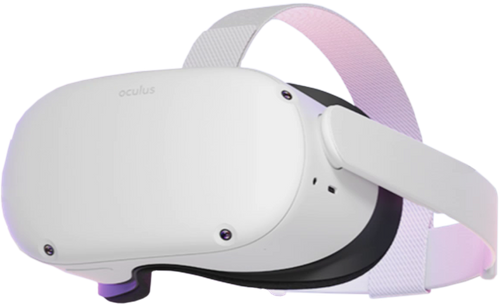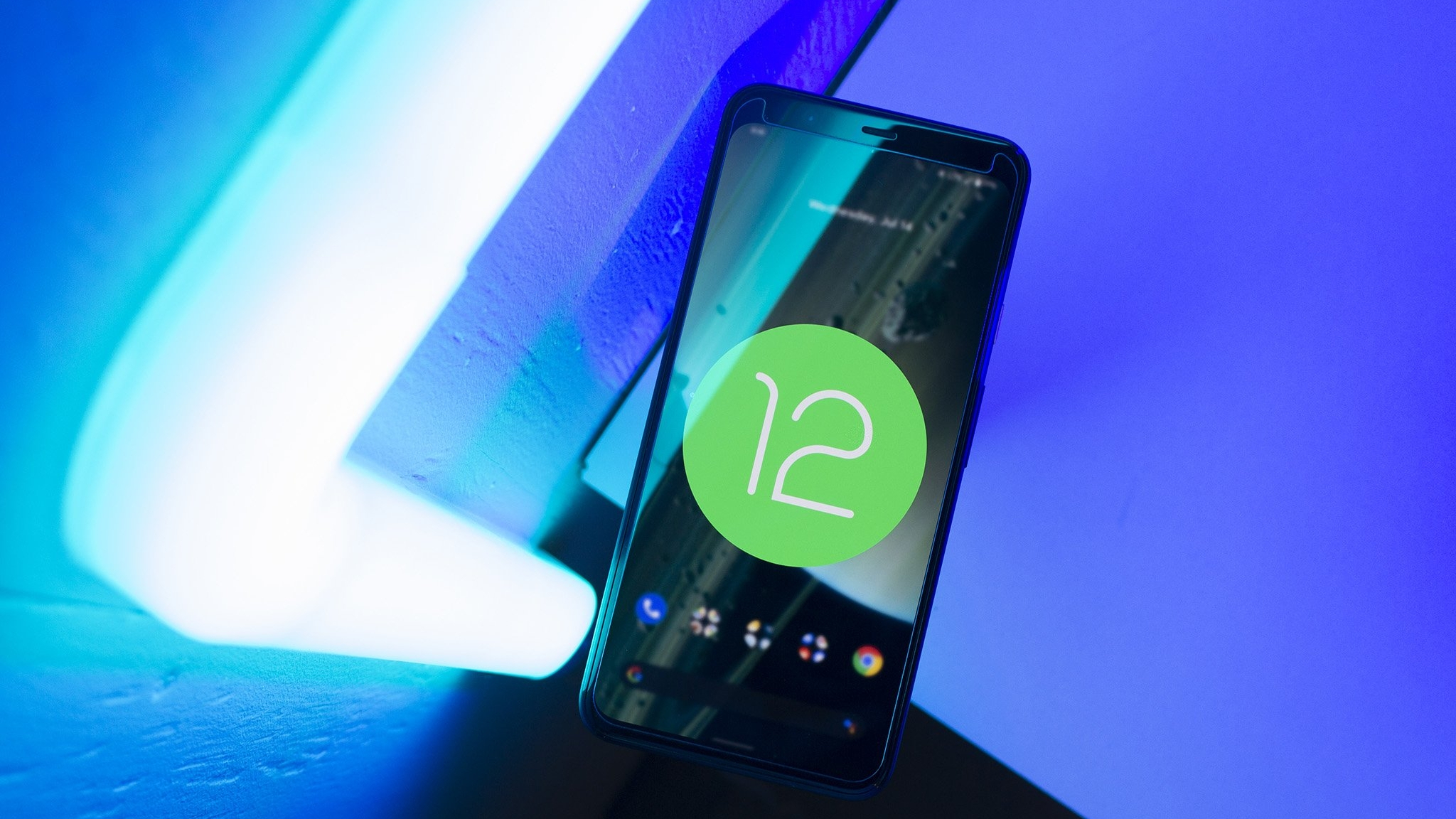The Oculus Quest is about to get better AR and hand tracking experiences
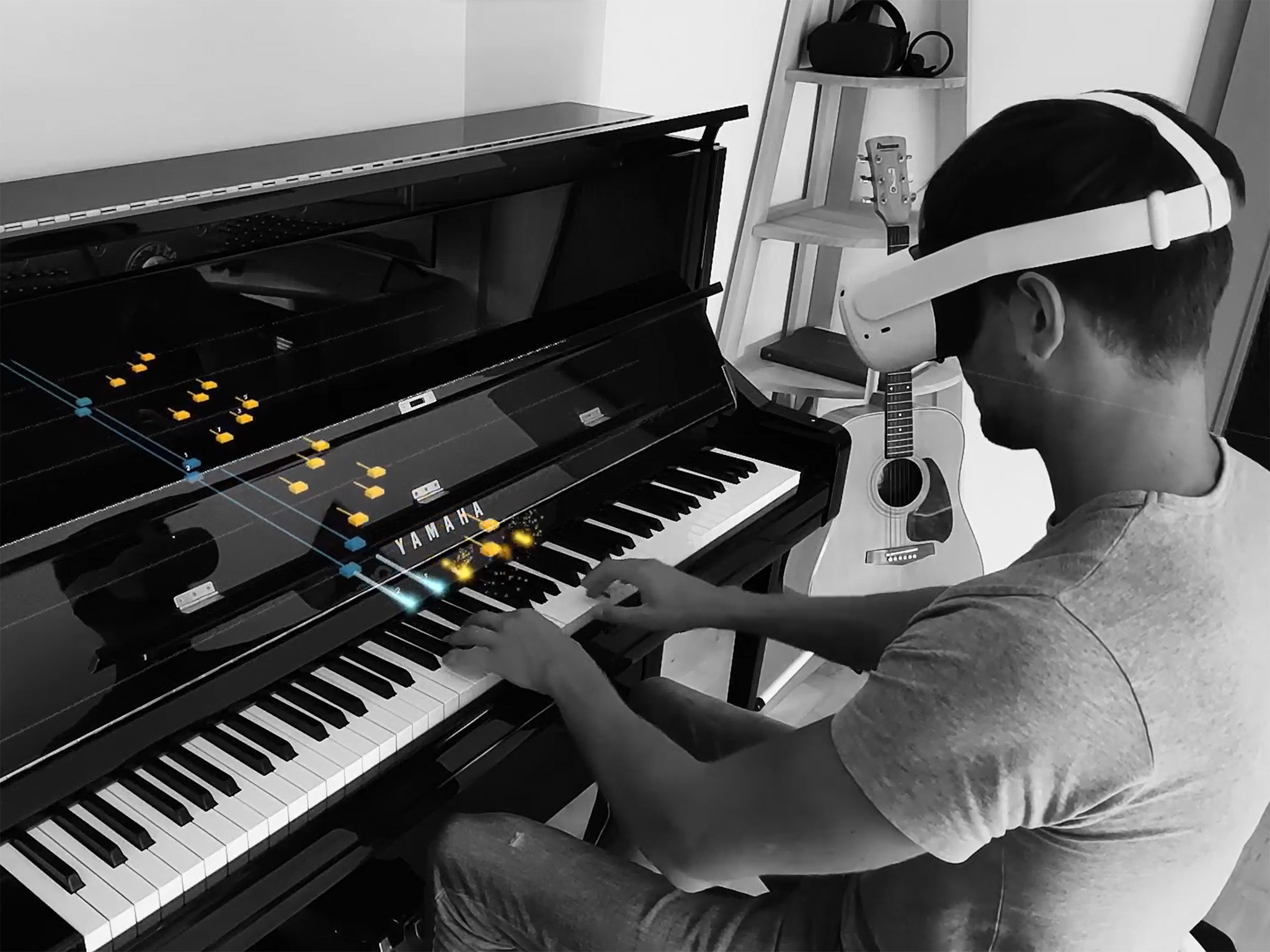
What you need to know
- Facebook is launching the Presence Platform for Oculus Quest, which includes three new development kits.
- Insight SDK, Interaction SDK, and Voice SDK are designed to make these experiences easier for developers to successfully implement in their apps.
- Users should see better hand tracking and AR experiences in the future, as well as the ability to use their voice for more natural input.
At Facebook Connect 2021, the company announced a brand new trio of software development kits designed to help developers create better AR and hand tracking experiences, as well as adding in the ability for players to use their voice for search and control. Facebook calls this trio the Presence Platform, and it's one of the many ways the company is working to create a better Oculus Quest 2 platform for all players.
Hand tracking has been around since before the Quest 2 launched in Fall 2020, but it's always been a bit hit or miss. Newer software like Unplugged has proven that hand tracking isn't a lost cause, and Facebook's new developer tools should help more developers create experiences that are more similar to Unplugged instead of the janky early hand tracking titles.
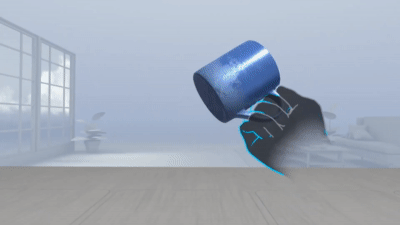
Hand tracking improvements can be found in the new Interaction SDK. A new Unity library will include predefined actions like grab, poke, target, and select, making these complex interactions a significantly easier process to implement into games.
Similarly, the new Voice SDK will help make it easier to offer voice as a third form of input in games. Oculus used several examples of how voice could be added into a game, including searching for your next song in Beat Saber, issuing commands to a squad, or casting a magic spell.
Last is the Insight SDK, which helps enable better Augmented Reality (AR) or Mixed Reality (MR) experiences. Insight SDK enhances the passthrough capabilities of the Quest — that's how you can see the world around you via the Quest's external cameras — and allows developers to more easily create more cohesive experiences with the world around the player.
Several new technologies are being introduced with Insight SDK. Spatial anchors let developers and players add virtual objects to a real-world location so they can stay in place when the player walks around. That's great for keeping virtual walls in place in games like Space Pirate Trainer, or for tracking the keys of a piano and making it easier to learn how to play, as you'll see in the image below.
Note that, despite the player's head moving, the virtual notes stay in line with the keys.
Be an expert in 5 minutes
Get the latest news from Android Central, your trusted companion in the world of Android
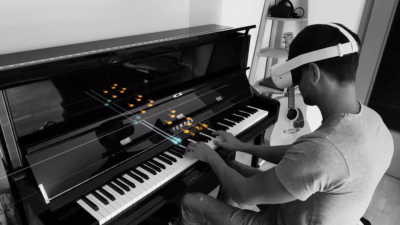
Scene understanding, likewise, helps the Quest understand how to better blend the real and virtual worlds together by mapping your room in the virtual space.
Facebook says that it's following its Responsible Innovation Principles for these developments, ensuring players are comfortable and that any data collection is outlined specifically before a user jumps into an experience.
Soon, Oculus will also debut the Tracked Keyboard SDK so you can bring your mouse and keyboard into VR with fewer restrictions.

